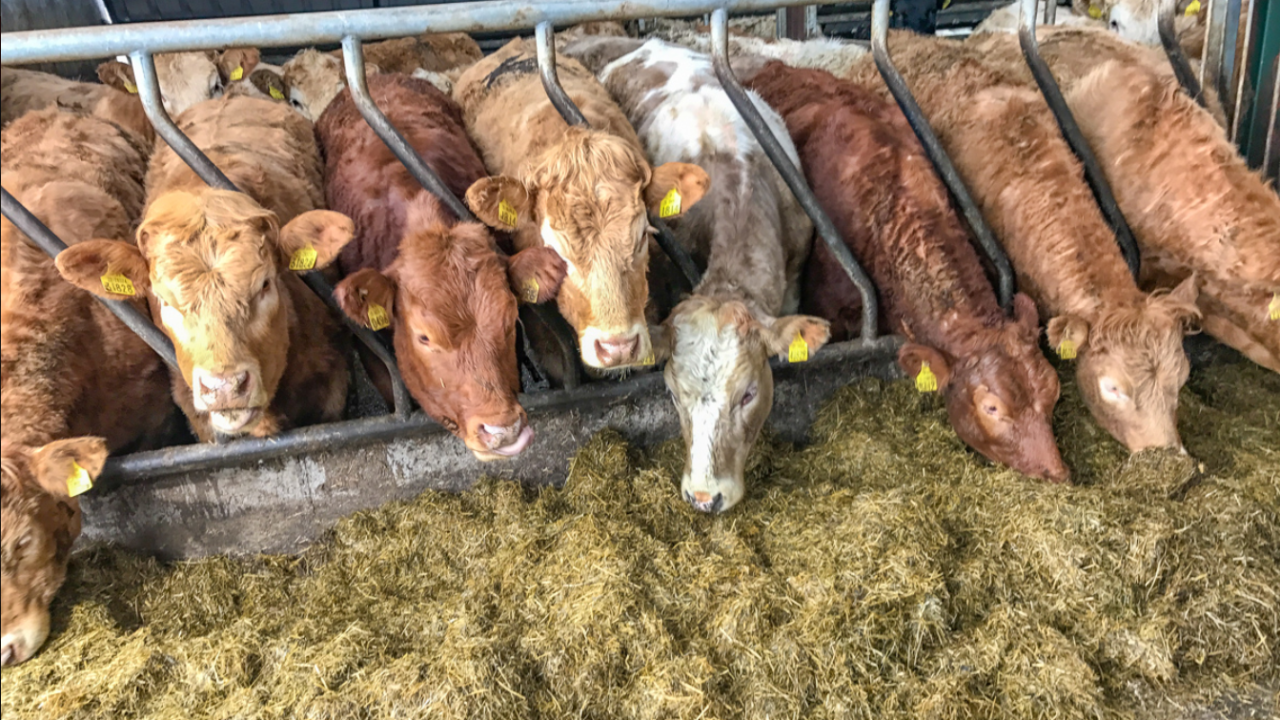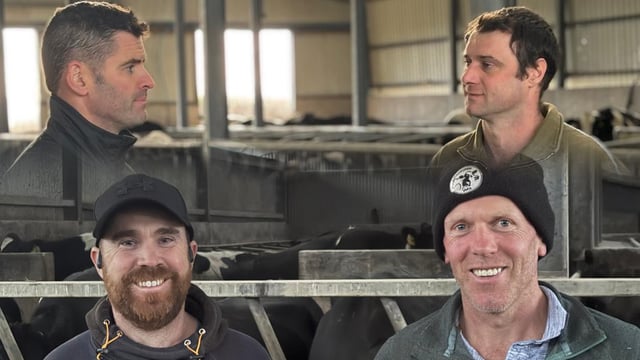TB funding 'does not incentivise' disease prevention - commission
The compensation measures in place in Ireland for farmers who lose cattle to TB do not incentivise farmers to follow the disease prevention actions recommended by the Department of Agriculture, Food and the Marine.
That is according to an audit of Ireland's status on the eradication of bovine TB.
The audit was carried out by the European Commission between March 31 and April 10 this year.
The final report on that audit - which was conducted by the commission's Directorate-General for Health and Food Safety - also found that there were no financial measures to discourage practices that might increase the risk of TB.
The purpose of the audit was the evaluate the implementation of Ireland's commission-approved eradication programme for bovine TB and to assess its progress towards achieving eradication.
The audit said that Ireland has implemented a "robust framework" to pursue TB eradication, including a "comprehensive surveillance component supported by a strong laboratory network and research activities".
However, the commission report claimed that the work of the eradication programme has been delayed by the "search for consensus" with key stakeholders in the TB Stakeholder Forum.
The report went on to say that, given the importance of cattle-to-cattle transmission and the distribution of the disease in a local or regional context, the department has promoted behaviours intended to lower the risk of the disease spread but with limited impact in terms of TB prevalence.
It added that the approach to address TB in Ireland is the same in all counties, and that a 2023 proposal for regionalisation has not been followed.
The report also said that the current pre- or post- movement testing regime is not fully aligned with the requirements of EU animal health law.
The report outlined three recommendations for the department to implement:
- To "foster the role" of the TB Forum as a "consultative body", while respecting the "sole responsibility" of the department as the competent authority on TB controls;
- To implement changes to the current movement policies that include the full alignment with EU animal health law testing requirements; promoting risk-based trading through financial compensation arrangements, and setting conditions under which movements from high TB prevalence areas should be restricted;
- To align financial arrangements with recommended actions for farmers to reduce the risk of TB infection, including biosecurity, trading from low-risk farms, and breeding animals with higher genetic resistance to bovine TB.
Department response
Since receiving the report from the commission, the department has outlined its responses to these recommendations.
On the TB Forum, the department said that it "does not dispute that the search for consensus with key stakeholders has proven an obstacle in implementing additional measures".
The department said it will examine the role of the forum as currently constituted in the context of any proposed policy changes to the TB programme.
On the movements recommendation, the department pointed to the new set of recommendations that Minister for Agriculture, Food and the Marine Martin Heydon will be putting to stakeholders today (Tuesday, September 9).
Finally, on the funding recommendation, the department said it will implement a risk mitigation policy which will link compliance with risk reduction measures to financial arrangements.
This will replace the current system where risk mitigation plans are not linked to financial arrangements.
While the exact measures have yet to be finalised, herdowners will be required to implement specified risk reduction measures. These measure will be approved by a department veterinary inspector.
The measures will include risk reduction measures relating to biosecurity (including wildlife), risk-based purchasing, the identification and selective culling of higher risk animals, and using the TB resistance genetic index when selecting bulls for breeding.





